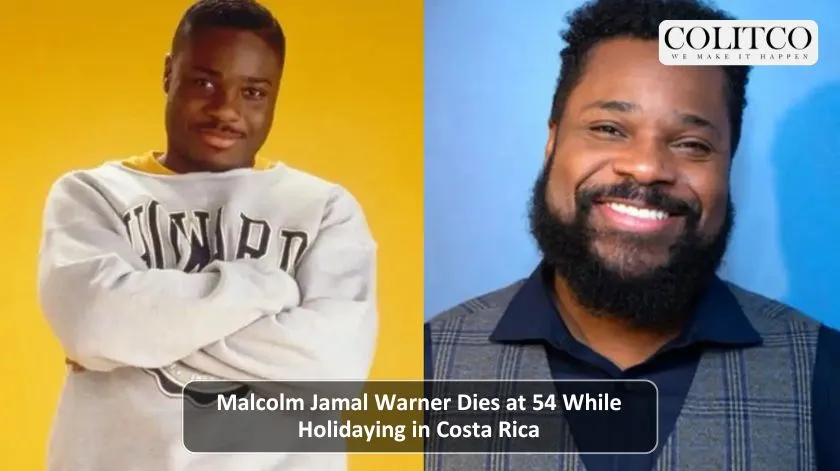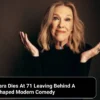Malcolm Jamal Warner, best known for playing Theo Huxtable in The Cosby Show, has died at 54.
The Emmy-nominated actor drowned while swimming off Costa Rica’s Caribbean coast for a beach holiday with his family.
With a calm presence and a wide creative range, he was recognised and respected in television, music, and activism.
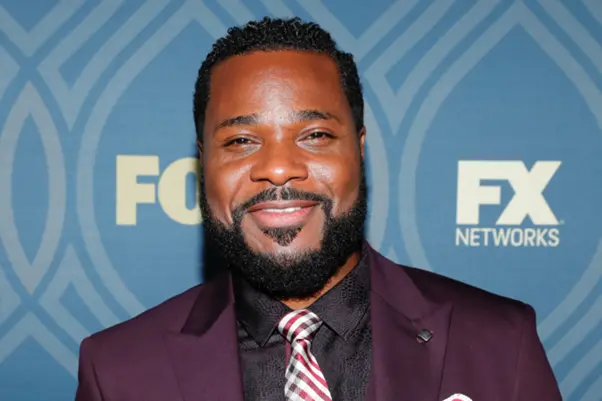
Malcolm Jamal Warner, famed as Theo Huxtable, dies aged 54 while swimming on holiday in Costa Rica.
What caused the drowning incident in Costa Rica?
On the 20th of July 2025, Warner was swimming at Playa Cocles, near Puerto Viejo in Limón Province.
Caught by a strong rip current, he was taken underwater.
Lifeguards and locals attempted to rescue him.
Later, paramedics from the Costa Rican Red Cross announced that he was dead at the scene.
His wife and young daughter were on the beach during this occurrence.
His Role as Theo Huxtable Defined a Generation
At 14 years of age, Warner rose to fame playing the role of Theo Huxtable from the years 1984 to 1992.
The show revolved around a successful Black family, breaking mainstream TV stereotypes.
Warner was nominated for an Emmy in 1986 for his performance.
His character-Theo Huxtable-was charming yet flawed, and his human qualities allowed audiences to connect with him on a worldwide level.
Theo Huxtable remains one of the most memorable characters in American sitcom history.
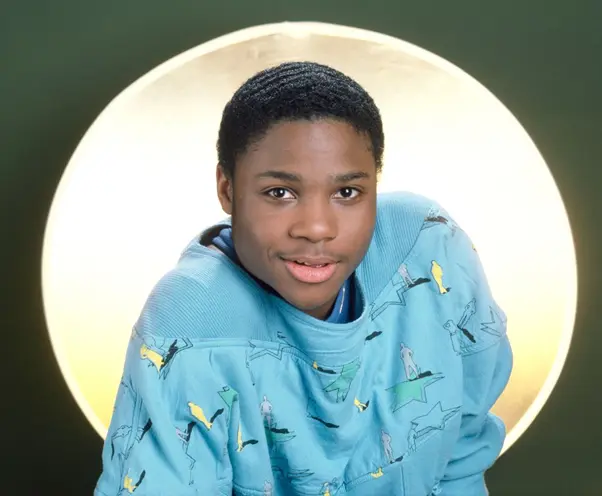
Malcolm Jamal Warner as Theo Huxtable in The Cosby Show.
How did Warner evolve after early fame?
The Cosby Show was a catalyst in Warner’s flourishing career, taking him into the realm of multiple genres.
He starred on-Malcolm & Eddie from 1996 to 2000 and later on Reed Between the Lines with Tracee Ellis Ross.
He later took a role as Dr AJ Austin on The Resident-where he gained enormous acclaim for five seasons.
Warner has also directed a few episodes of TV shows, and is also a spoken word poet.
The year 2015 saw the growth as he won a Grammy for Best Traditional R&B Performance, thus cementing his musical versatility.
Why did Warner defend The Cosby Show despite controversy?
Warner stood by the show’s cultural impact, while he publicly condemned Cosby’s crimes. He referred to the show as a key catalyst for uplifting Black family narratives.
He referred to an interview where he said its impact on Black viewers was “irreversible,” and that the show should be honoured for that.
He was still proud of the artistry of the show, despite the stains left on the legacy of its creator.
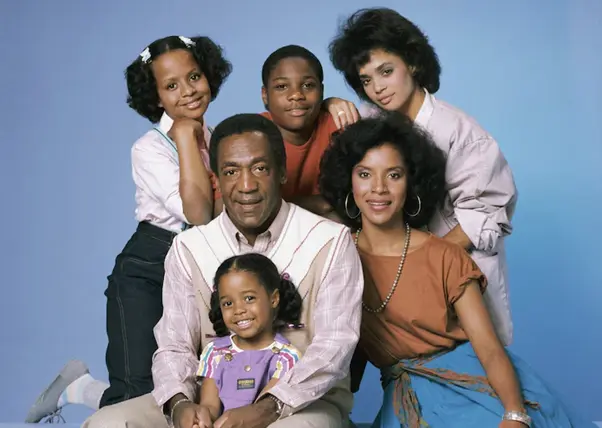
The Cosby Show cast included Warner, Bonet, Rashad, Bledsoe, Pulliam and Cosby.
What tributes followed Warner’s sudden death?
The tributes came in fast from friends, fans, and co-stars. Tracee Ellis Ross called him “warm, present, and kind.”
Magic Johnson revealed that since childhood, Warner had been somebody to look up to. Social media was full of memories of Theo and gratitude for Warner’s other projects.
He was remembered as a consummate professional with humility who had inspired many in Hollywood.
Malcolm Jamal Warner Advocated for Mental Health and Creativity
In the last few years, Warner hosted Not All Hood, a podcast focusing on mental health in the Black community.
He made a great effort to destigmatise vulnerability in men and supported emotional well-being. The last episode came out just a few days prior to his demise.
Warner’s poetry, music, and other artistic endeavours tackled various social issues, fatherhood, and healing. His creative pursuits reflect an ever-ongoing journey of growth and authenticity.
Also Read: Jetstar Unveils $130 Flight Sale to Japan and South Korea Amid Surging Aussie Demand
A Lasting Legacy Beyond the Screen
Malcolm Jamal Warner leaves a gaping hole in the cultural arena, cut malcolm down in his prime at 54. Perhaps best known as the tender-hearted eldest Huxtable child, Warner-The-Cosby Show Stardom malcolm destroyed barriers to Black family representation on American television.
His career, however, far outshone the early years of fame, highlighted by enduring nested roles in series such as Malcolm & Eddie and The Resident, with his judgments as a musician, including a Grammy Award, also drawing much praise.
Warner’s voice was raised against Bill Cosby, but always in defence of the cultural integrity of the show. A voice against stigma for mental health, the last project of Warner’s life, the podcast, stood for emotional awareness within the Black community. A generation was inspired by Warner from authentically creative, even to compassionate levels.

